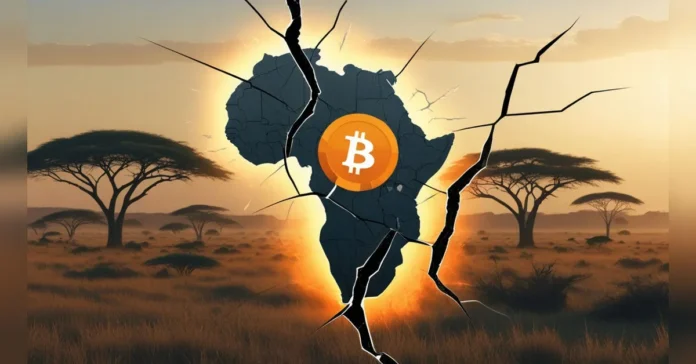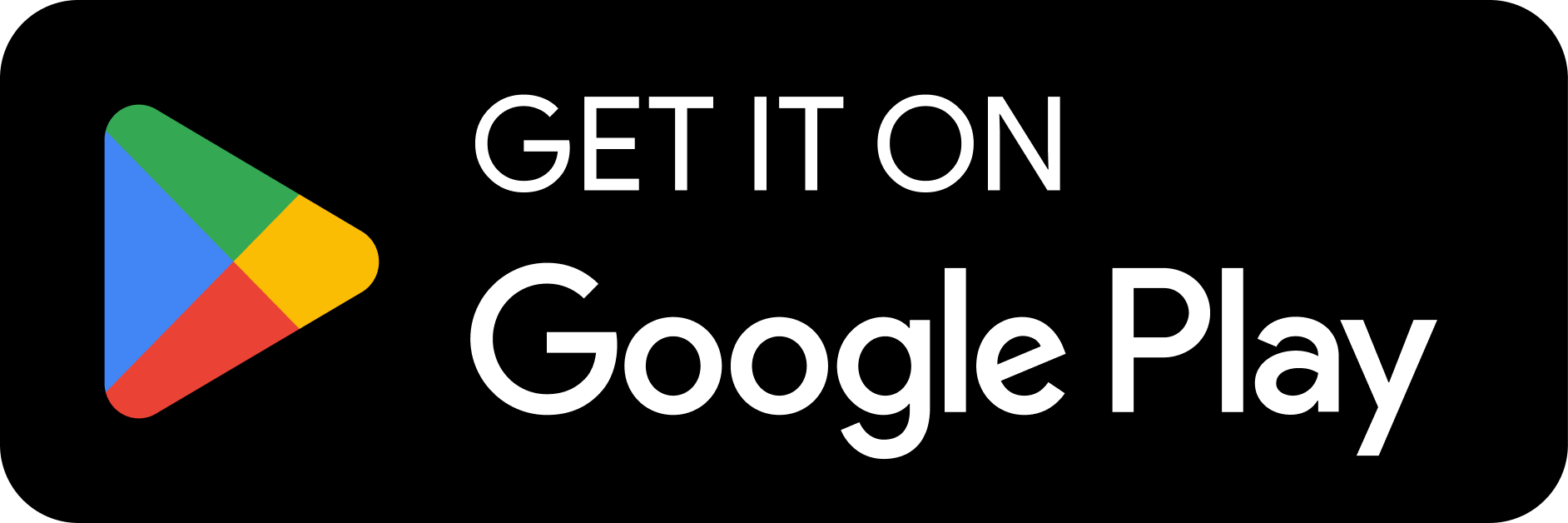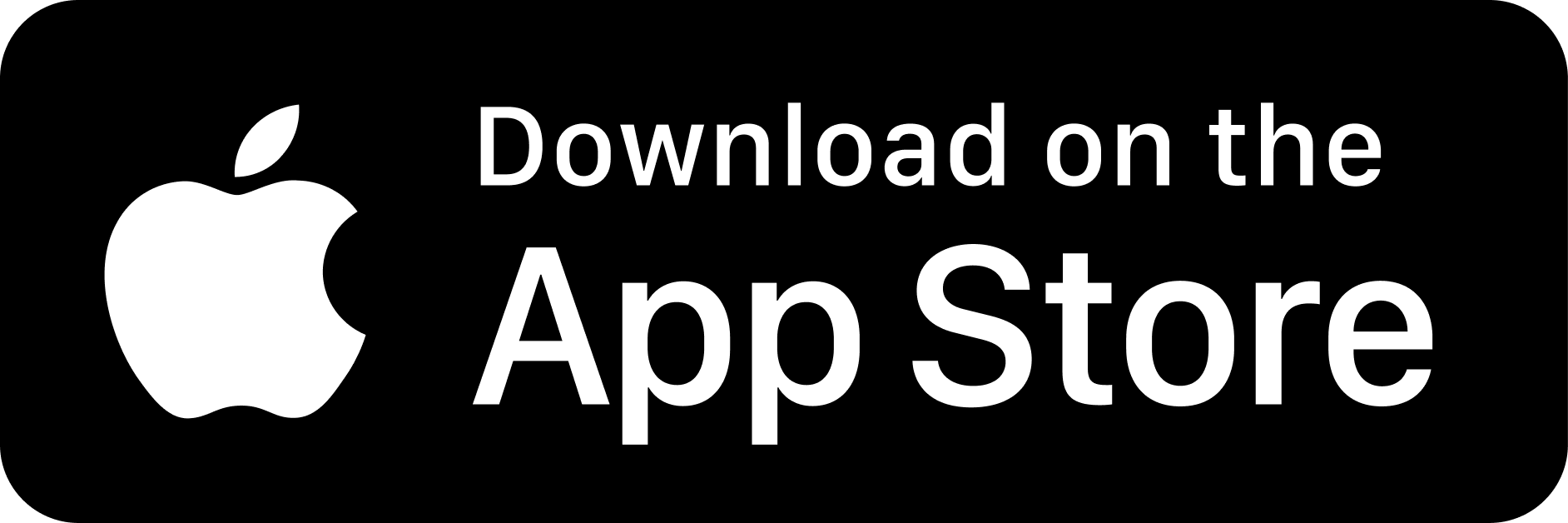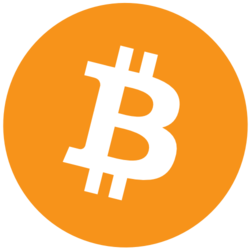Bitcoin adoption in Africa has exploded — at least on paper.
As a European who has been working in the Bitcoin adoption and education field on the ground in Africa since 2020, I don’t claim to understand all the cultural, social and economic nuances at play. But sometimes being an outsider allows you to offer useful insights without claiming authority.
When I first visited Zimbabwe and Botswana in 2020 to understand how Bitcoin could challenge wealth-extracting financial systems in Africa, I found only one or two grassroots education initiatives on the entire continent.
By founding Bitcoin for Fairness in 2022, we aimed to build a broader platform fostering grassroots education in Africa and the Global South through mentoring, capacity building, and financial and infrastructural donations. We have been instrumental in supporting several initiatives from their early stages to becoming established communities since then.
Today, there are around 150 African initiatives claiming to spread Bitcoin education meetups, online sessions, bootcamps, conferences, merchant onboarding drives, school visits, youth programs and social media campaigns.
On social media, this looks like remarkable success: graduation photos, workshop certificates, videos of onboarded merchants. But spend time on the ground, visit these places, talk to people and you’ll discover something troubling — the impact is often minimal, if it exists at all.
Adoption Theatre
“Orange-pilling” your taxi driver, leaving them with 200 sats in a wallet they don’t understand, then disappearing forever, isn’t education. Taking photos with merchants who accept bitcoin isn’t adoption. Without people actually making purchases with bitcoin, merchants quickly abandon it. Why deal with app updates, key security and volatility when no customers are spending? If merchants can’t restock or pay their own needs with bitcoin because there are no peers to exchange it for local currency, or if there is no network of people to contact for questions, problems, or guidance, then bitcoin will feel like just another scam.
The copy-and-paste mentality driving many initiatives is also deeply concerning. There seems to be a widespread belief that simply replicating successful projects from other countries will attract funding from abroad. I have reviewed countless grant applications and followed projects closely in the last five years, and I have to tell you: This approach rarely works as expected, since funding organizations look closely at grant applications these days.
You cannot expect funding or real impact by launching a Bitcoin podcast and asking for support after publishing just one episode; claiming to have a country-specific wallet concept without showing a prototype; copying free open source courses and charging participants in low-income countries; just reading learning materials line-by-line without adding any local context; or organizing one event and expecting long-term funding with no follow-up or no clear signs of potential impact.
Proof of Work Comes First
You have to deliver proof of work first. Whether you’re building a product, launching an educational initiative, creating content or growing a community, the principle is the same: show what you’ve already done.
For example, if you’re proposing a product:
- Where is the minimum viable version?
- What’s the prototype?
- What issues are you solving?
- How does your solution help your community, country or region?
- What’s the budget to build it? How do you plan to maintain it?
- How will it be sustainable?
You need to have clear answers to these kinds of questions if you want to make a difference and if you want others to take your work seriously.
Bitcoin itself emerged from voluntary effort; no one paid Satoshi Nakamoto to build it. It was a labor of love. If you believe in Bitcoin’s principles and want to help your community, you must first demonstrate commitment through sustained, unpaid work.
Real proof of work means people actually using bitcoin to save, spend, remit or earn; a podcast with genuine audience engagement; a working demo of a software product; sustained community-building over a longer period; and deep engagement with Bitcoin education — genuine learning, thoughtful application and actively sharing knowledge with others.
Beyond Surface Learning
Bitcoin education requires critical thinking, not repetition. While open source courses and ready-made slide decks are incredibly useful starting points, especially for new educators or those working in low-resource settings, true understanding means explaining concepts in your own words and contextualizing them for your specific audience.
At Bitcoin for Fairness, we observe participants running through our Crack the Orange course in a short time just to get certificates. We have been rewarding course completion with sats, but are reconsidering due to the fact that participants seem to be motivated more by rewards than actual learning.
Too many Bitcoiners simply repeat what they read on social media, focusing on institutional adoption, investment narratives and “number go up” messaging. They share memes from Michael Saylor or other rich investors and insiders who made their money in the traditional (exclusionary!) financial system and have zero interest in solving the challenges on the ground, lowering wealth inequality or allowing access to global finance for disadvantaged groups or people in the Global South.
Adoption Like Chicken and Egg
Bitcoin adoption is a chicken-and-egg problem. If no one has access to bitcoin, no one can spend it. If you can’t earn it, you will need to buy it on big, well-known exchanges. In Zimbabwe, for instance, peer-to-peer traders charge a 20% fee on currency exchanges due to the low BTC liquidity. For convenience, you’ll use a custodial wallet, which isn’t better than a bank account from a permission or censorship standpoint. If you fear value loss, you will use custodial stablecoins. That way you sacrifice all the advantages that bitcoin gives you.
That said, there are privacy-preserving alternatives, but these currently require a bit more technical know-how for the average user and often come with low liquidity too. The technology behind and surrounding Bitcoin has come very far, but challenges around access, usability, utility, privacy and convenience stifle adoption. If no one builds solutions addressing them, people will just stick with traditional finance.
What Bitcoin Needs From You
We don’t need parrots, we need critical thinkers and builders who understand Bitcoin in all its depth to defend its permissionless, uncensorable, noninflatable system. Bitcoin is the only true alternative to the traditional financial system, which has brought us debt, crony capitalism, wealth inequality and is endangering open societies. We need to defend Bitcoin because it’s our only shot at gaining access to a new, fairer system — and Bitcoin has a lot of enemies: the incumbents of the old system and those who want to capture Bitcoin within it.
There is this saying:
“Don’t ask what Bitcoin can do for you, ask what you can do for Bitcoin.”
What you can do is to develop genuine expertise through deep study and application, to build solutions for specific local problems, to create innovative approaches rather than copying others, to understand user needs and to contribute before seeking compensation.
Useful Solutions By Locals For Locals
What is needed are projects like Tando in Kenya, where you can pay anyone with bitcoin and the recipients receive Kenyan shillings directly in their M-Pesa account (a popular mobile money service in Kenya). It solves the problem that bitcoin has on the ground: I can receive bitcoin easily, but where can I spend it?
The app also tackles the remittance challenge. A Kenyan bitcoin user in the diaspora can instantly send money, almost fee-free, to a relative in deep rural Kenya, even if that person doesn’t understand bitcoin or know how to use it. Tando removes that barrier by making bitcoin useful even for those who have never interacted with it directly.
Another example is Machankura, a service developed in South Africa that allows people in Africa to send and receive bitcoin using simple feature phones — no internet required. This innovation is especially powerful in areas where smartphone access and data are limited. It enables people to participate in the bitcoin economy without needing a smartphone or internet connectivity.
In South Africa, PickNPay — one of the country’s biggest retailers — integrated MoneyBadger’s payment solution: You can pay with Lightning in all their stores for food, clothes and other goods, which adds immense value to circular economies like Bitcoin Ekasi. PickNPay did this because MoneyBadger wanted to further bitcoin’s adoption by enabling people to spend bitcoin, then proposed and presented a viable solution. Only then did PickNPay adopt it.
We need locally grown technical initiatives like BitDevs communities in Nairobi, Accra, Cotonou, Kaduna and Lusaka, along with gender-specific initiatives like DadaDevs, fostering cohorts of female developers in Africa, or Africa Free Routing. All these initiatives offer a pathway for people to become Bitcoin or Lightning developers, usability experts, designers and builders — understanding the financial challenges of everyday people in their specific region, and creating innovative solutions based on Bitcoin’s principles. And we need African investors to fund these start-ups, spur businesses around Bitcoin and decentralized technology in their own countries.
Learning is Doing
Bitcoin educators need to be capable of critical thinking. Learning and understanding involve fully grasping what you are talking about, being able to rephrase and explain concepts in your own words, and putting them into the context of the person you’re talking with. It took me years of self-education, including reading articles, watching tutorials, reading books, writing my own book — “(L)earn Bitcoin: Become Financially Sovereign” — creating slides and offering classes and workshops, and I still know that I don’t know everything about Bitcoin. Learning, especially for Bitcoin educators, is an ongoing process.
You have to apply what you are learning. You have to have an in-depth understanding of Bitcoin, you have to understand why you are using a certain wallet, what the principles behind that wallet and what its fees will be in the future. What’s the difference between self-custody and custody, between Bitcoin on-chain, the Lightning Network, Liquid and eCash? What are the privacy differences between wallets, and how does that affect activists, members of civil society, and regular people?
Don’t forget that certain user groups — like human rights activists and civil society — need more privacy on Bitcoin. If you are a developer, for example, you could create a wallet that offers a decoy mode so that you can hide the wallet on your phone, or one that integrates PayJoin or other advanced privacy features.
I was recently asked by one of our Crack the Orange program participants which of the wallets I have been recommending in the course is the best and why I am always presenting new ones. That’s exactly my point: There is no one-size-fits-all solution and there will never be. Bitcoin is an evolving technology that you can only navigate as an educator or builder if you understand and apply basic principles and use the tools you recommend yourself.
Only that way, Bitcoin can unleash its value proposition for the Global South: providing access to a permissionless, uncensorable, noninflatable, global financial system as an alternative to the repressive, debt-based traditional finance.
Be Original, Be Innovative, Be Honest
This isn’t criticism for its own sake — it’s meant to spark conversation, challenge assumptions and encourage builders and educators to get creative, stay original and focus on real user needs. The space needs honest, hardworking educators and builders who understand their communities and can deliver on Bitcoin’s promise of financial freedom, inclusion and empowerment.
The choice is yours: Will you be a copycat or create real change?






